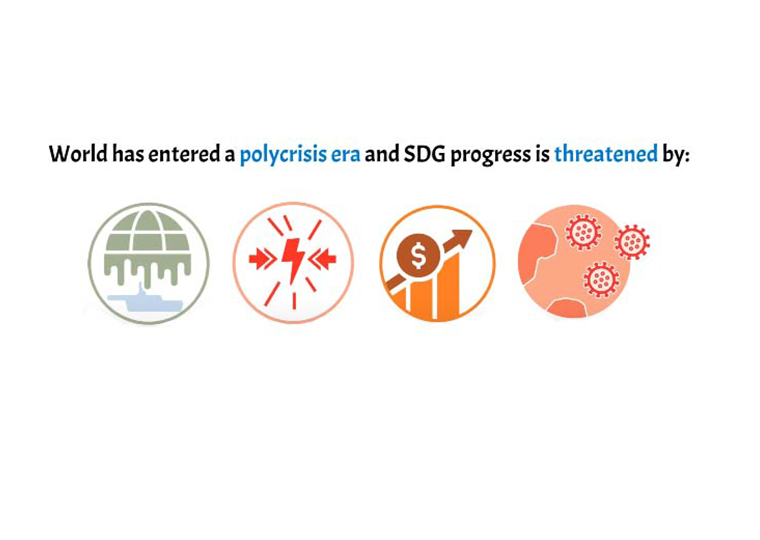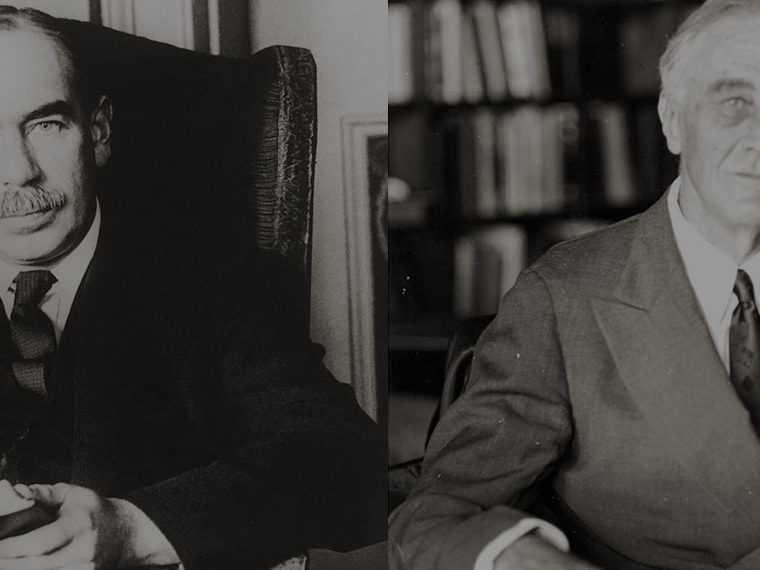Bipartisan action rose amid reports of surprising Soviet Cold War economic growth
The recent rise of China’s advanced semiconductor industry is a source of bipartisan hand-wringing among U.S. politicians, one steeped in fears that a key adversary could eventually control tools the U.S. needs for its own defense and economic growth. So, when the Biden administration proposed the CHIPS and Science Act of 2022 to incentivize domestic chip making and to actively disrupt the growth of China’s industry, one of the most contentiously divided Congresses in history passed the bill with support from both parties.
(Never mind that, in the months since, the law’s implementation has drawn a litany of criticism, much of it tinged with partisanship.)
Opt In to the Review Monthly Email Update.
During the Cold War, the economic boogeyman for the U.S. was the Soviet Union, not China. Soviet economic growth was viewed as a rising threat to U.S. stability and influence around the world, and Congress followed Russia’s gross domestic product data closely. When the threat seemed high, Democrats and Republicans came together to pass more legislation, according to a working paper by UCLA’s Brian Wheaton.
High Threat, More Cooperation
Historically, of course, Americans give their politicians better marks for leadership during times of crisis, such as after the 9/11 attacks. But the “rally-around-the-flag” effect tends to be short-lived. And it’s not necessarily based on actual across-the-aisle policy progress; researchers often measure “unity” in these circumstances with opinion polls.
In the working paper, Wheaton wanted to identify whether threats or crises motivate more actual cooperation among politicians, not just more respect from their constituents. Wheaton analyzed Cold War-era lawmaking before and after the release of growth figures on the USSR economy. From the 1950s until 1988, the CIA annually presented Congress with an official tally of Soviet GDP growth in the most recent year, as well as a forecast for the next. These highly anticipated reports were seen as an important reflection of Soviet strength generally.
News that the Soviet bloc was economically stronger than expected prodded Congress to pass legislation on a variety of issues, as well as introduce and pass new defense bills, according to Wheaton’s tabulations. Presidents during these episodes signed more executive orders, with broader support from Congress.
The uptick in executive orders was driven almost entirely by defense-related actions, the study finds. Legislators also introduced more defense bills, and fewer non-defense bills, following the news of stronger-than-expected Soviet growth. But the higher passage rate comes from clearing both defense and nondefense legislation, Wheaton notes, a departure from Congress being too gummed up with partisanship to accomplish much.
“Basically, legislators respond to the (perceived) increased threat by rallying around their president and the American system and getting things together in terms of legislative functioning,” Wheaton writes in an email exchange. “And the inverse is true for decreases” in threat.
Legislating to Avoid Guilt By Policy Association
A rise in Soviet economic strength also led legislators to shy away from positions favored by the Committee on Political Education, which at the time was a powerful pro-union, left-leaning special interest group that focused on economic issues. The committee cut its approval ratings of Congress during these periods. Ratings of Congress from the also-powerful special interest group Americans for Democratic Action — which was also left-leaning on economic issues, but explicitly anti-communist on foreign policy — did not change. Taken together, Wheaton suggests these findings imply legislators were moving away from left-leaning economic policy while becoming more hawkish and avoiding being seen as supporting policies that could be viewed as associated with the Soviet Union or Soviet ideology.
“As the rival nation has become (perceived to be) more powerful, policymakers are tilting toward policies that are less ‘tainted’ (rightly or wrongly) with guilt-by-association with the USSR,” Wheaton writes.
Featured Faculty
-
Brian Wheaton
Assistant Professor of Global Economics and Management
About the Research
Wheaton, B. (2022). External Threat, Polarization, and Legislative Efficacy:






